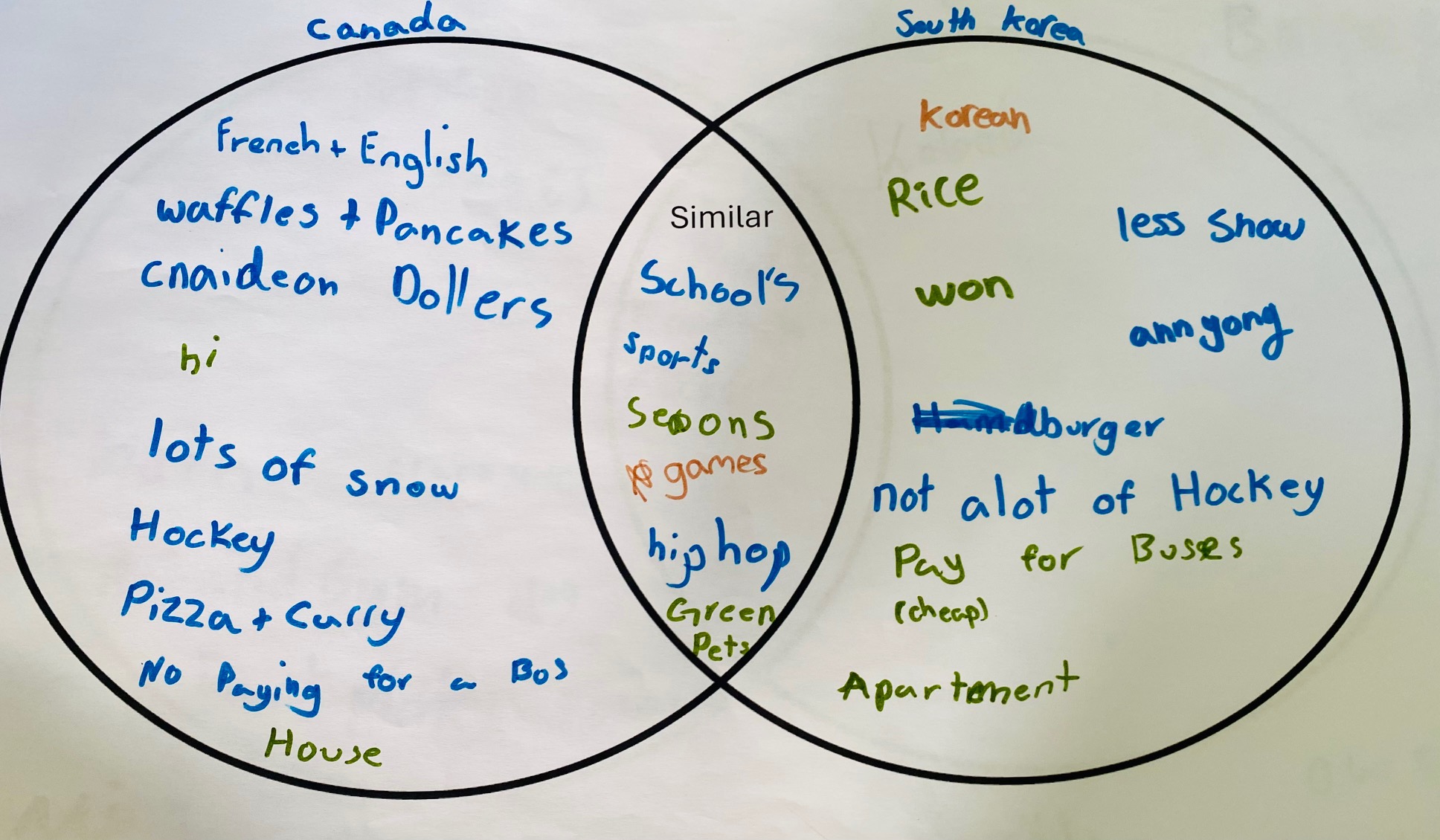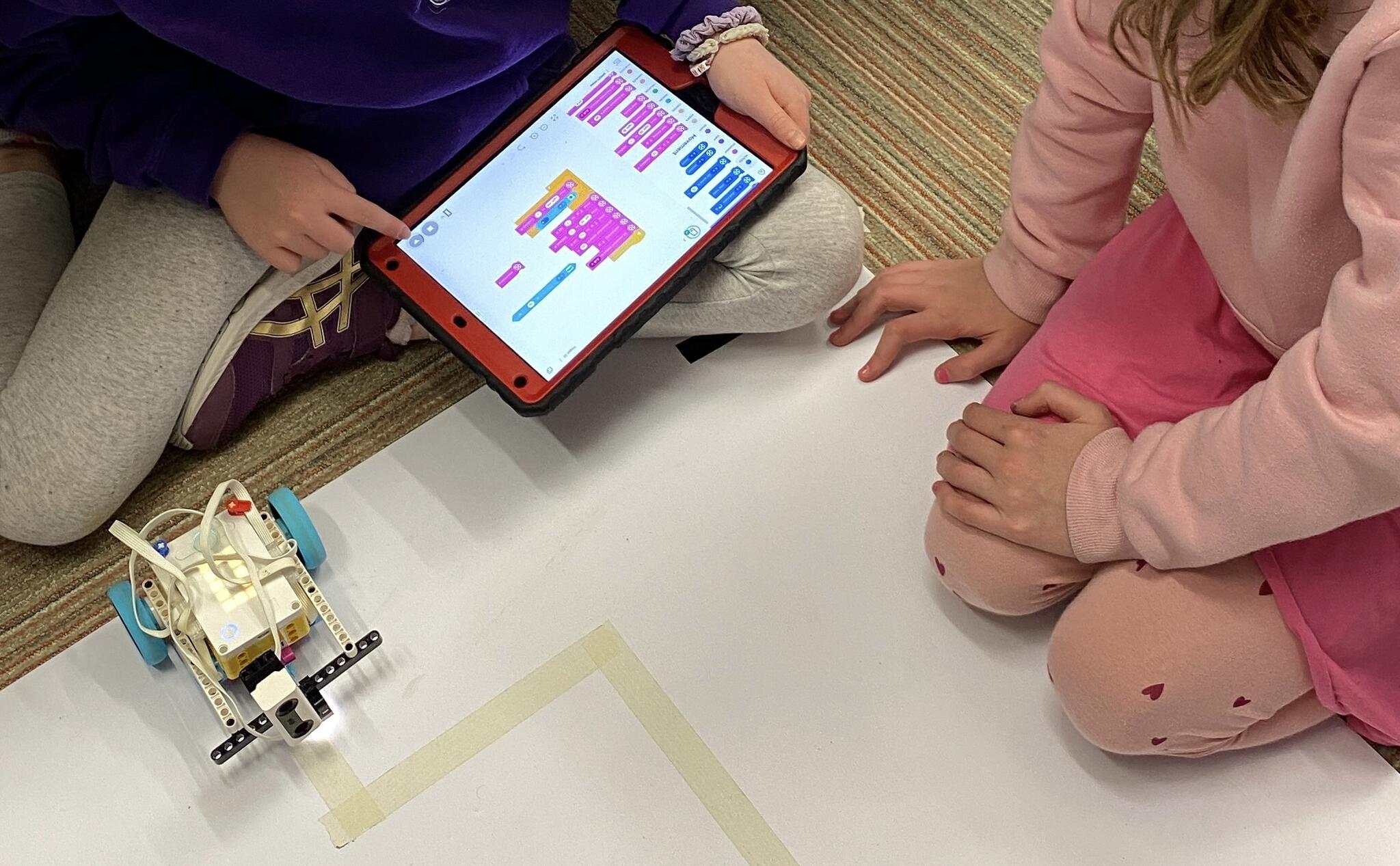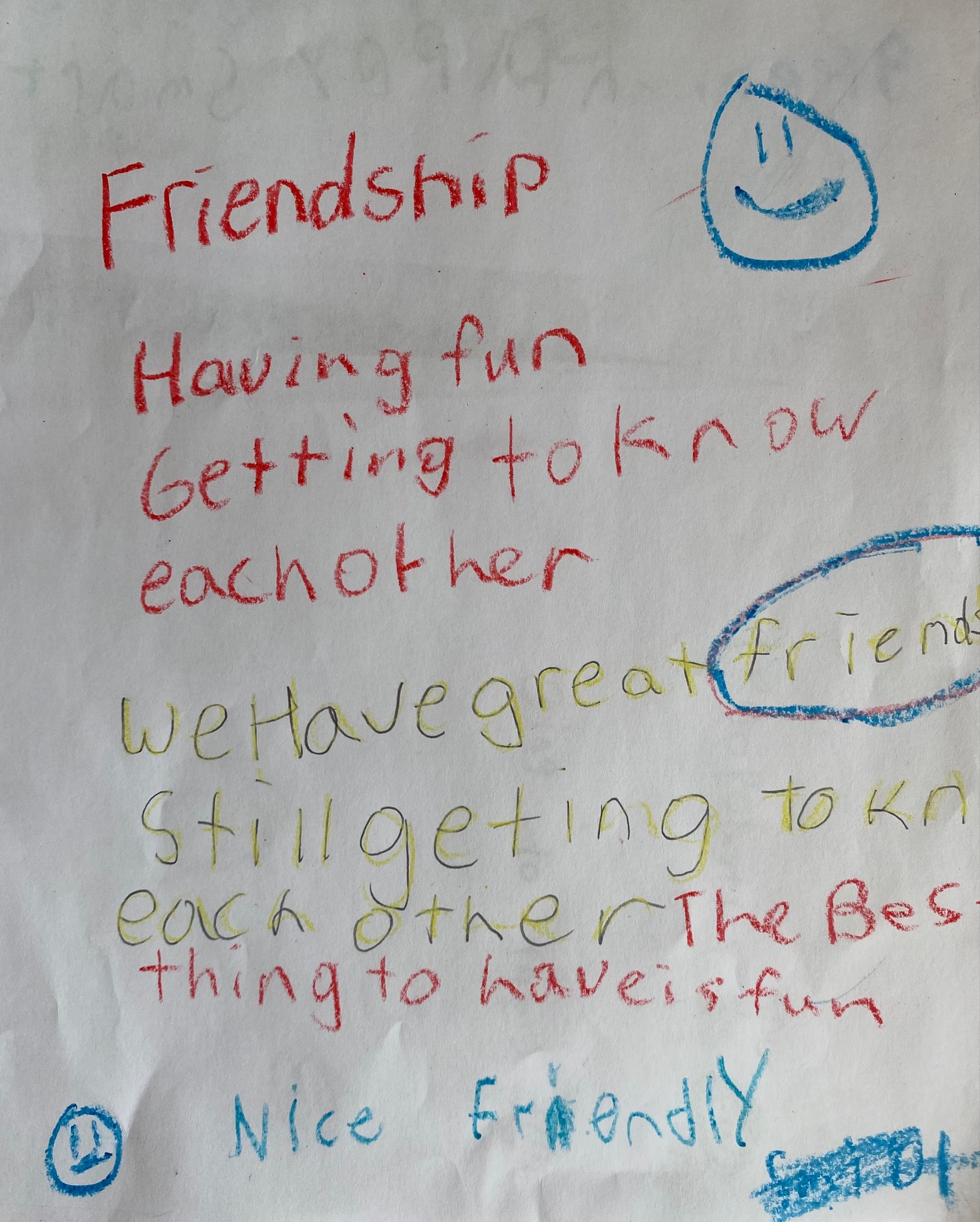Sometimes, it takes a village — and a city, and a school bus — to raise the next generation. In a world often divided by perceived differences and a growing disconnect, Dr. Holly Ogden at the Faculty of Education is sowing the seeds of intercultural compassion through her community-based study, Perceptions, Practices, and Self-Efficacy for Teaching Cultural Literacy.
We had the chance to speak with Dr. Ogden about this landmark project, which first emerged from Dr. Ogden’s conversations with educators and administrators at a rural school. Having previously worked in urban environments, the principal identified a need to foster better cultural awareness in students, and the educators noted a need for more exposure to diversity in their classrooms. In small towns and villages — where students commute from farms and lakes on gravel roads — opportunities for exposure to people from different cultural backgrounds can be rare. Dr. Ogden and the educators set out to change that.

Her study focused on four elementary teachers — two from urban schools and two from rural — and their work with their students in Grades 2–4. The aim was to explore teachers’ self-efficacy in fostering students’ capacity for cultural communication and openness to difference. To bring students together, the project launched a year-long pen pal initiative, which in addition to writing letter writing, also incorporated regular face-to face meetings. Thanks to funding from the Community Engaged Research Clusters (CERCs), and the Rotary Club of Cataraqui-Kingston, students met eight times throughout the school year — with all travel, programming, and associated costs fully covered.
The journey began in October 2024 with students exchanging letters: simple introductions about favourite colours, homes, family lives, and pets. Over time, the letters evolved into vehicles for more experiences that even Dr. Ogden hadn’t anticipated.

Across the school year, the urban and rural students spent four days at Queen’s Duncan McArthur Hall, engaging in activities facilitated by Concurrent Education candidates, volunteers from the School of English and the Internationally Trained Teachers (ITT) program, Queen's Connections Engineering Outreach program, and community members, such as songwriter Trevor Strong. To support further cultural literacy, Dr. Ogden deliberately invited teacher candidates and community members from historically marginalized groups to serve as positive role models so the students and teachers could engage with and learn from leaders who were differently positioned.

Beyond the university, students explored each other’s communities. They navigated public transit, took the Wolfe Island Ferry, explored Gould Lake, and were guided by community members through village landmarks to learn local histories. Together, they built forts, sewed gifts, wrote songs, painted mandalas, wrote code for robots, made ice cream, and excitedly awaited the next letter or package from their new friends. Upcoming trips include visits to a local farm, Frontenac Park, and time together at a splash pad — and the excitement continues to ripple through the students and their wider communities. When asked what they had learned, students repeatedly shared a powerful message:
“People who are different can still be friends.”
They were also amazed at how many adults rallied around their project.

For Dr. Ogden, the biggest surprise has been the authenticity of the relationships formed — not just between students, but across the broader community. Students are inviting each other to birthday parties, educators and students are connecting online, and the research team is connecting with diverse groups within and beyond the Faculty of Education.
The impact on teachers has been profound too. The project offered teachers authentic, peer-driven professional development, enriching their practice, and deepening their own cultural literacy alongside their students. Initially tentative, the teachers have found new confidence through the project, helping students engage with difference meaningfully and respectfully — through genuine connection and understanding. Another unexpected discovery? Students from urban areas were equally captivated by rural life. Imagine asking a fellow third grader what their favorite season is, only to have them excitedly describe the wonders of Calving Season — the time of year when baby cows are born in abundance. As different as their day-to-day lives were, students were delighted by what they shared.

This is community-engaged research at its finest: reciprocal, responsive, rooted in real needs, and fertile with future possibilities. The project’s impact already extends beyond the classroom: the two older classes are sharing their experiences with each other on classroom blogs, and teachers have observed remarkable growth in their students’ engagement in the writing process fueled by authentic, lived experiences.
Looking ahead, Dr. Ogden and her team are eager to continue next year, with plans to deepen the students’ engagement with teacher candidates and QSoE and ITT students. Dr. Ogden is incredibly grateful to the teachers for bringing her along on their Pen Pal journey, and for sharing their invaluable insights and experiences along the way. Their thoughtful approach and willingness to adapt have made this journey so enriching. “I feel extremely fortunate to be learning with such dedicated and innovative professionals,” Holly noted. Yet ultimately, this work is made possible by two vital ingredients: a dedicated community and essential funding.
At a time when our society is grappling with polarization, this project offers a hopeful glimpse of a different future — one letter, one friendship, and one shared experience at a time.